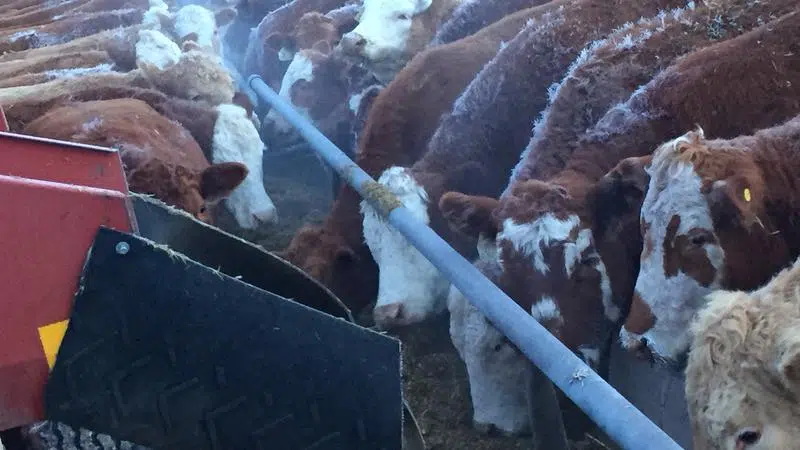
Federal government beefs up coverage for livestock producers
Saskatchewan producers who were hard hit by drought last year are being thrown a lifeline with the announcement of expanded coverage from the Federal Livestock Tax Deferral program.
Lawrence MacAulay, Minister of Agriculture and Agri-Food, made the announcement on Wednesday.


